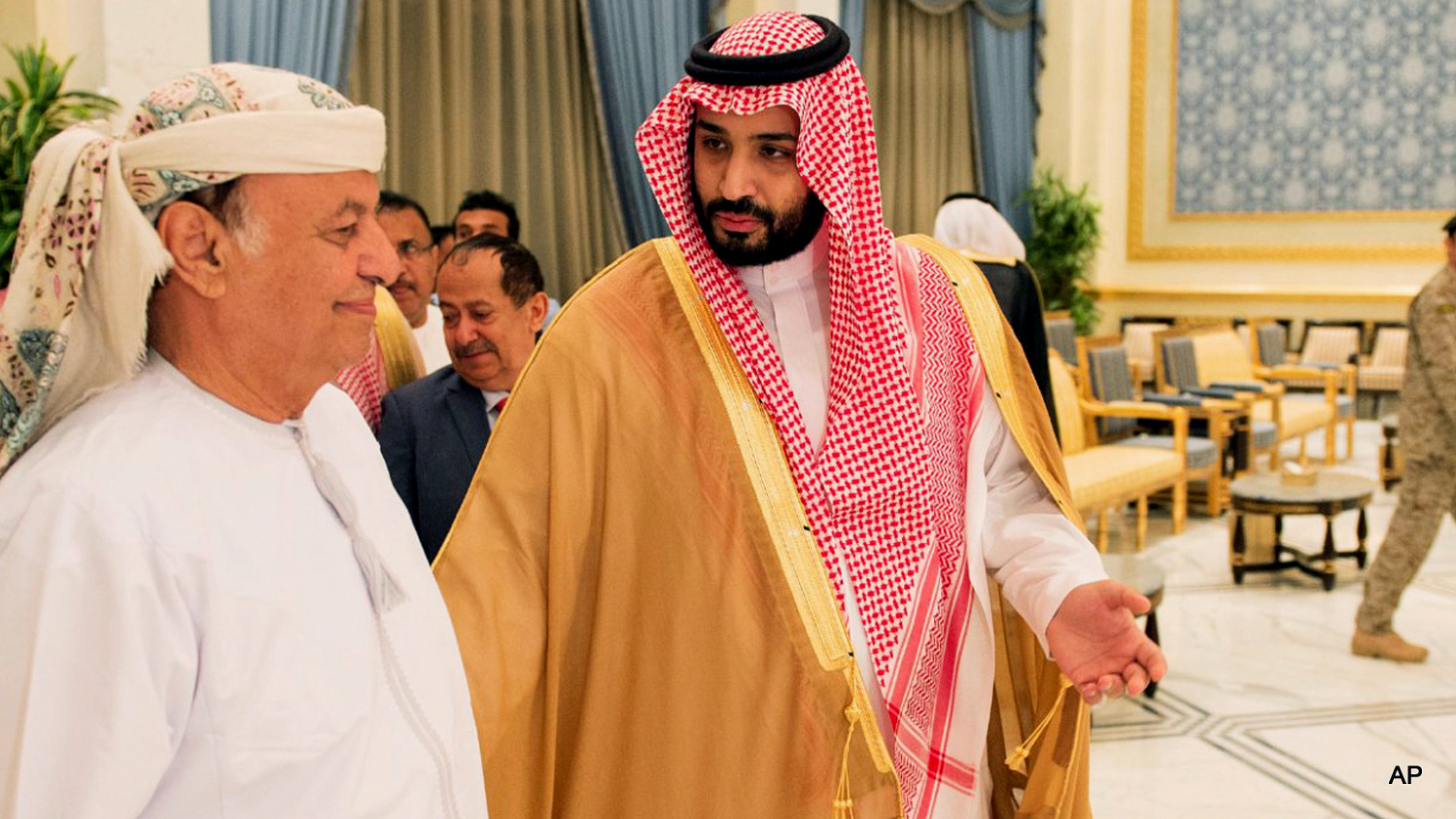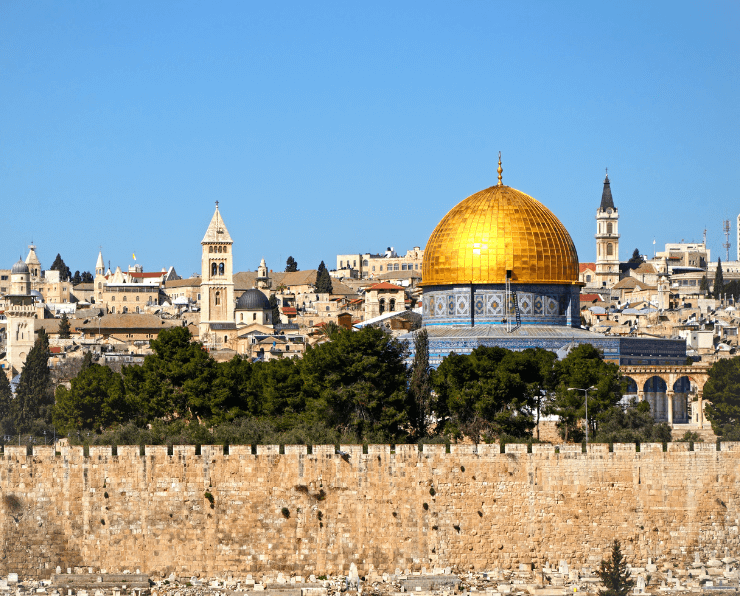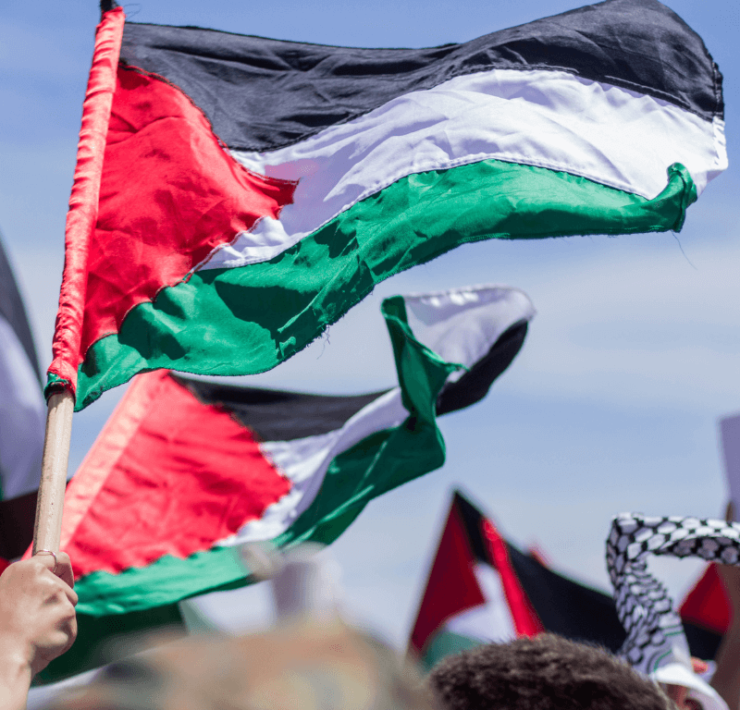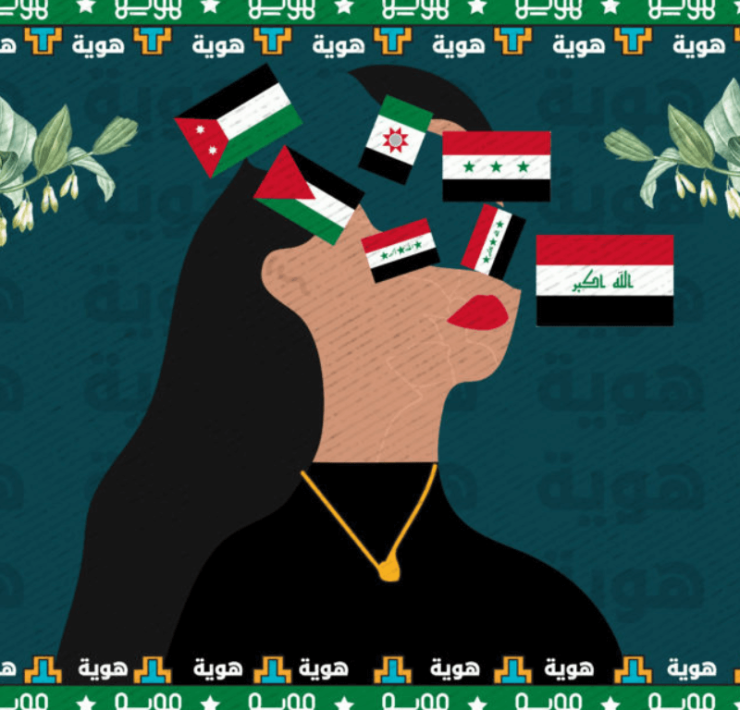Saudi Crown Prince Mohammed bin Salman (or MBS, as he has become known) has been making headlines around the world over the last few months, most recently for a crackdown on corruption that has seen hundreds of prominent Saudi princes, ministers and businessmen arrested and detained in Riyadh’s luxurious Ritz Carleton hotel.
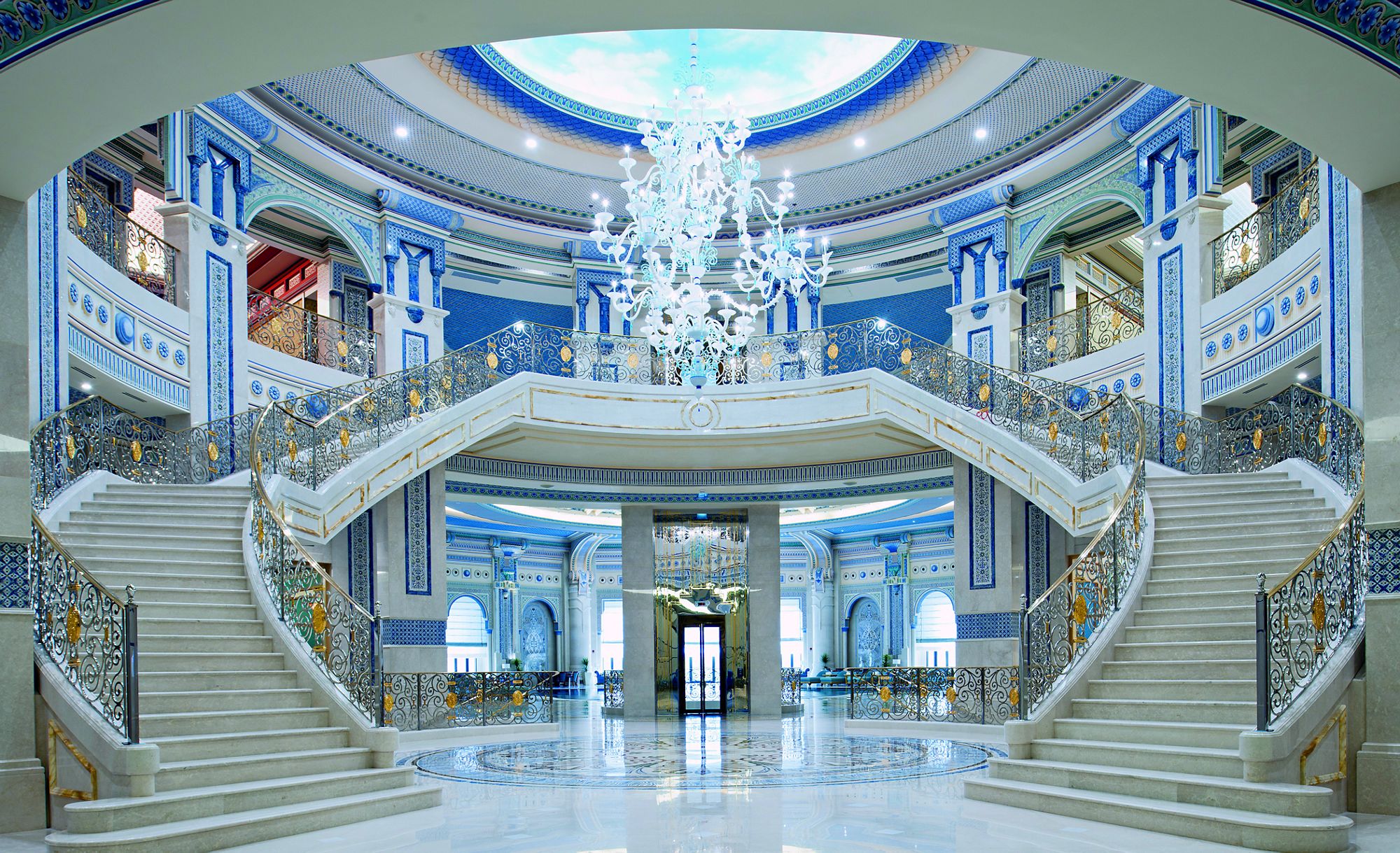 The five star Ritz Carleton in Riyadh is currently playing host to those arrested under MBS’s corruption crackdown
The five star Ritz Carleton in Riyadh is currently playing host to those arrested under MBS’s corruption crackdown
Here are 5 things you need to know about the most powerful man in Saudi Arabia:
- He’s young, a visionary, and relatively new on the scene
In a country where the last three Kings inherited the throne aged 61, 80 and 79, 32-year-old Mohammed bin Salman is the first of a new generation of Saudi leaders, and he could quite possibly rule for the next fifty years.
MBS is relatively new on the scene, having been elevated to the position of Defence Minister in 2015 when his father, King Salman, took the throne. In June this year MBS was named Crown Prince, replacing his older cousin Mohammed bin Nayef.
While King Salman has the ultimate authority over the Kingdom’s affairs, he has delegated the running of its military, security, social, economic and foreign affairs to his son. Experts see it as a matter of time before he abdicates the throne to MBS.
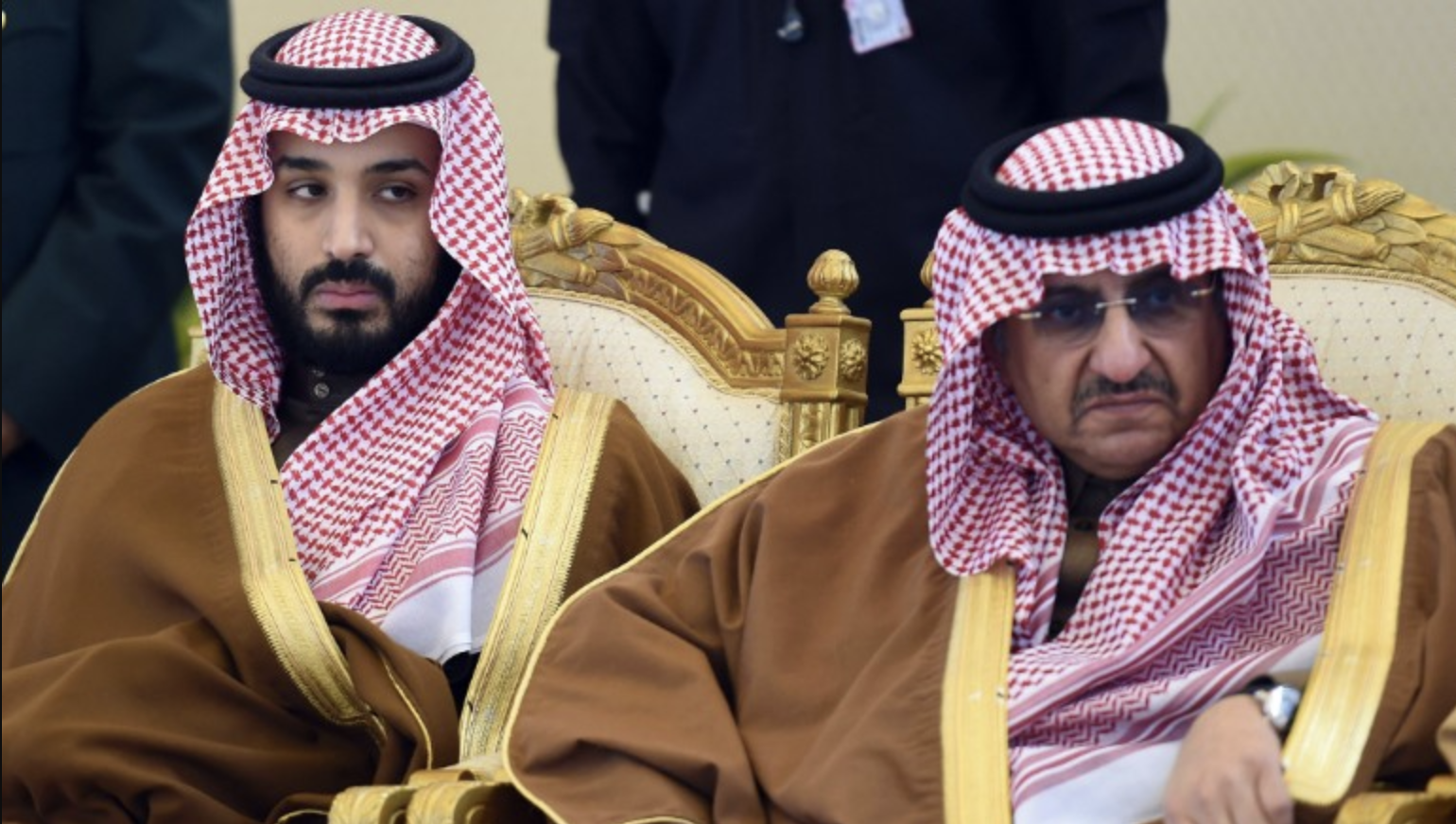 Mohammed bin Salman (left) and his cousin, former Crown Prince Mohammed bin Nayef (image: CNN)
Mohammed bin Salman (left) and his cousin, former Crown Prince Mohammed bin Nayef (image: CNN)
- His progressive outlook has made him wildly popular among Saudi youth
Since becoming Crown Prince in June, MBS has launched a radical reform agenda. He has changed the controversial law preventing women from driving, announced plans to build a technology-driven megacity in an attempt to diversify the country’s economy away from oil, and has called out corruption in the higher echelons of Saudi business and politics.
These measures have made him wildly popular with the more progressive youth in Saudi Arabia, who see him as a visionary with the will and the power to change an out-of-date political and social system.
- He seems intent on dismantling the country’s traditional power structures
The radical measures outlined above go against the very fabric of Saudi politics and society.
In giving women the right to drive and arresting extremist clerics, MBS has defied the will of the conservative religious establishment, which has traditionally wielded significant power and influence in the Kingdom.
In arresting high profile princes and businessmen, MBS has shown that no one in Saudi Arabia is above the law (or at least, his law). One of those arrested was Prince Miteb bin Abdullah, the head of the powerful National Guard and member of a separate branch of the Royal Family.
While many see it as a positive thing that MBS is challenging traditional power structures, some experts and commentators have suggested that the recent arrests are merely an attempt by MBS to assert total control over the House of Saud and the Kingdom’s security sector.
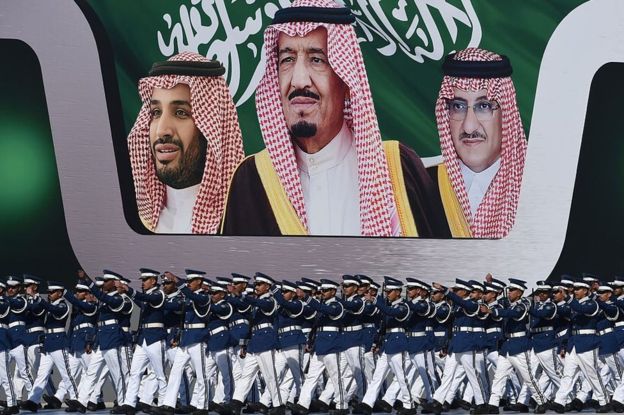 Images of King Salman (centre), MbS and MbN at An Air Force parade in Saudi Arabia (image: BBC)
Images of King Salman (centre), MbS and MbN at An Air Force parade in Saudi Arabia (image: BBC)
- He’s the one behind some of the Kingdom’s most controversial foreign policies
MBS has played a fundamental role in some of the Kingdom’s more controversial foreign policy endeavours, including its military campaign in Yemen that has cost tens of thousands of lives and shows little sign of success, and the blockade of Qatar that began in June. Largely seen as a Saudi attempt to assert dominance over the tiny Emirate and to stamp out Iranian influence in the Gulf, the campaign against Qatar appears to have had little effect other than to sour relations among the GCC countries.
The most recent and dangerous of MBS’s foreign policy initiatives is his government’s intervention in Lebanese politics. Lebanese Prime Minister Saad Hariri resigned last week during a trip to Riyadh, supposedly at the command of Saudi Arabia. With tensions brewing between Hezbollah in Lebanon and Israel, Saudi attempts to control Lebanese politics could have disastrous effects for a country whose population has already lived through a devastating civil war.
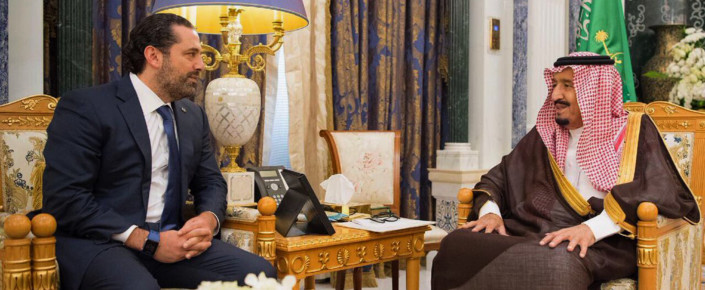 Prime Minister Hariri and Saudi King Salman (image: AGSIW)
Prime Minister Hariri and Saudi King Salman (image: AGSIW)
- He’s a close ally of Donald Trump
When US President Donald Trump visited Saudi Arabia in May, he offered his full support for the Saudi government in its struggle against religious extremism and Iranian hegemony in the Middle East. Many believe that this support provided the justification for the controversial policies outlined above.
Trump has supported the Saudi regime’s drastic measures when even his own State Department has preferred to tread with caution, repeatedly tweeting his praise for MBS. In some ways, by acting bolding in the Middle East the Kingdom is doing what Washington wanted for years – taking care of its own security rather than looking to the US for support. The effects of its actions on the region, however, are causing concern among many in the West (excluding Trump).
MBS also appears to have developed a relationship with Israel, likely driven by the two countries’ common enmity with Iran. Reports suggest that MBS visited Israel in September, though the Saudi government denies this. Anti-Israel sentiment runs relatively high in the Gulf, meaning cooperation with the Jewish state is controversial at the best of times.
Saudi Arabia has changed relatively little in the last fifty years. While oil wealth has allowed for the development of infrastructure and the emergence of a powerful business class, power has largely remained within the Royal Family and the religious establishment and the Kingdom has stayed closed to the world.
After just a few months as Crown Prince, Mohammed bin Salman is already shaking things up. His youth, popular appeal and radical ideas (by Saudi standards at least) suggest that change is finally coming to the Kingdom. Whether that change will be for the better remains to be seen.
If you found this interesting, you might also like:
The Qatar Spat: The Crack in the GCC’s Armour
Trump in Saudi Arabia: What you missed while the media were obsessing over Melania’s wardrobe
“Driving while female”: Manal al Sharif and the fight for women’s rights in Saudi Arabia





